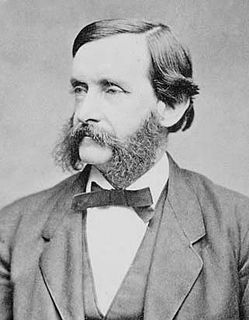A Quote by William Shakespeare
There is no vice so simple but assumes some mark of virtue on his outward parts.
Related Quotes
So may the outward shows be least themselves: The world is still deceived with ornament. In law, what plea so tainted and corrupt, But, being seasoned with a gracious voice, Obscures the show of evil? In religion, What damned error, but some sober brow Will bless it and approve it with a text, Hiding the grossness with fair ornament? There is no vice so simple but assumes Some mark of virtue on his outward parts.
Error is multiform (for evil is a form of the unlimited, as in the old Pythagorean imagery, and good of the limited), whereas success is possible in one way only (which is why it is easy to fail and difficult to succeed - easy to miss the target and difficult to hit it); so this is another reason why excess and deficiency are a mark of vice, and observance of the mean a mark of virtue: Goodness is simple, badness is manifold.
There is probably no one, however rigid his virtue, who is not liable to find himself, by the complexity of circumstances, living at close quarters with the very vice which he himself has been most outspoken in condemning -- without altogether recognizing it beneath the disguise of ambiguous behavior which it assumes in his presence.
A vice sanctioned by the general opinion is merely a vice. The evil terminates in itself. A vice condemned by the general opinion produces a pernicious effect on the whole character. The former is a local malady; the latter, constitutional taint. When the reputation of the offender is lost, he too often flings the remainder of his virtue after it in despair.
Taste and elegance, though they are reckoned only among the smaller and secondary morals, yet are of no mean importance in the regulations of life. A moral taste is not of force to turn vice into virtue; but it recommends virtue with something like the blandishments of pleasure, and it infinitely abates the evils of vice.
All... religions show the same disparity between belief and practice, and each is safe till it tries to exclude the rest. Test each sect by its best or its worst as you will, by its high-water mark of virtue or its low-water mark of vice. But falsehood begins when you measure the ebb of any other religion against the flood-tide of your own. There is a noble and a base side to every history.






































